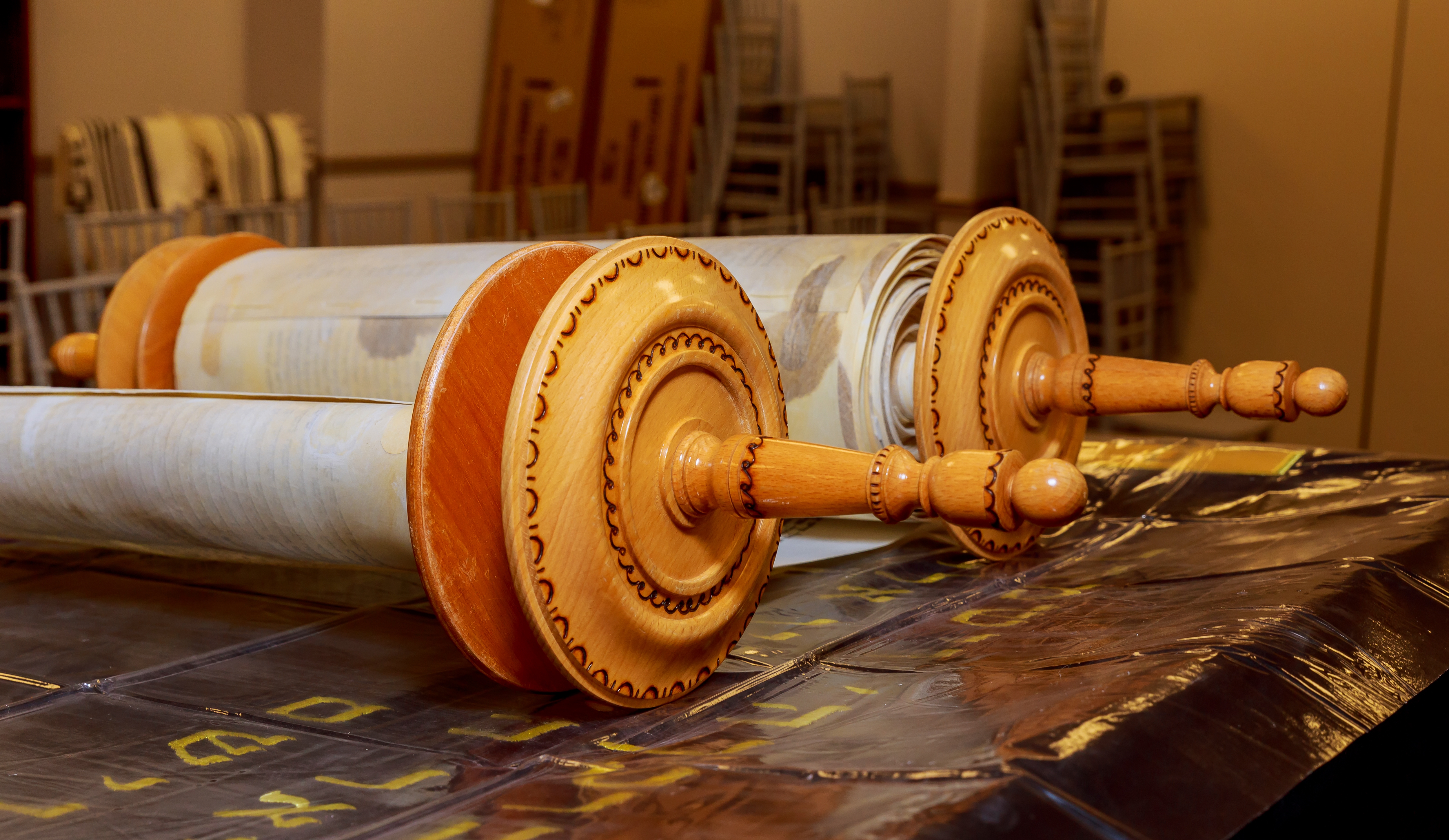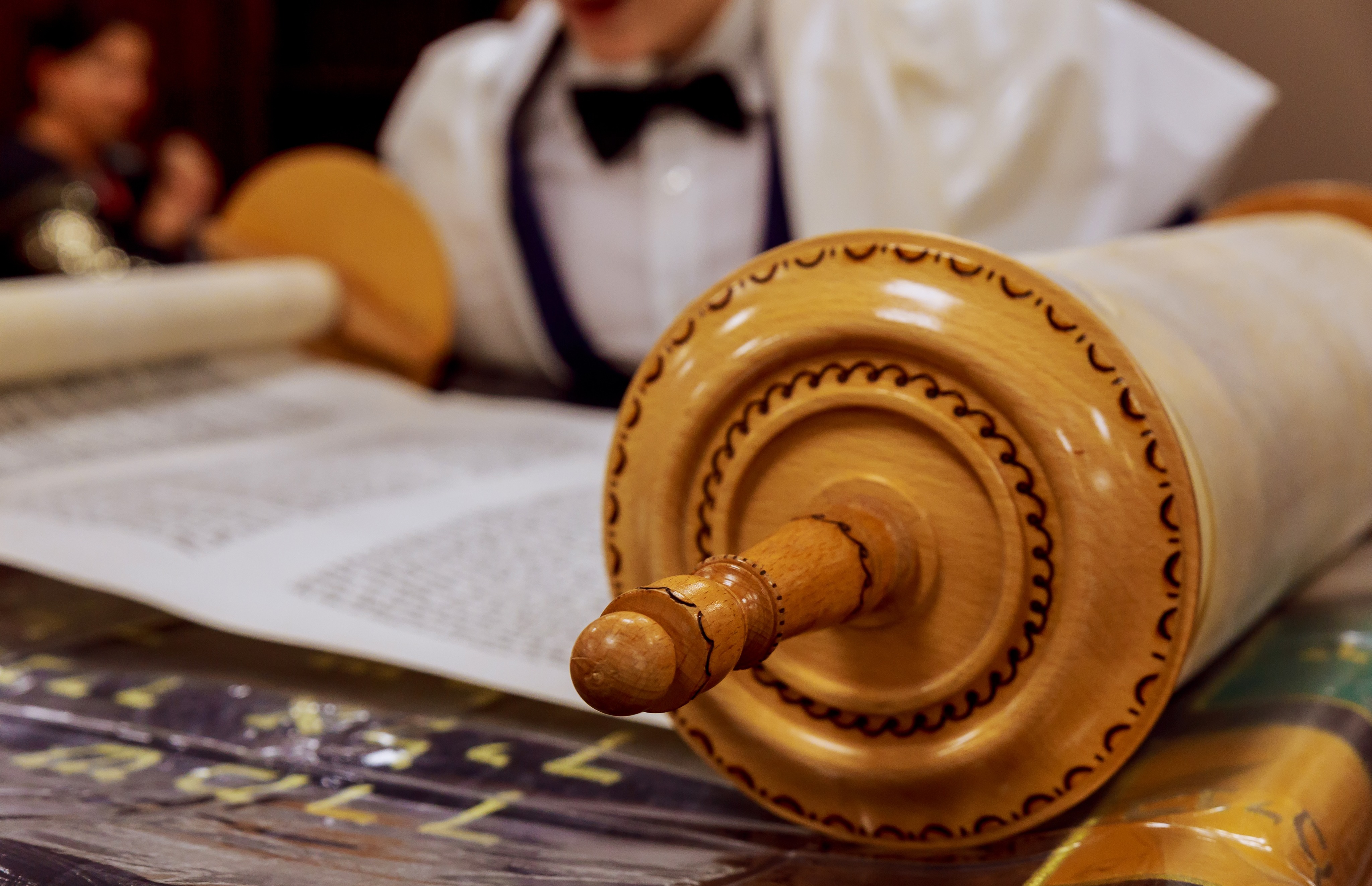
Yom Kippur - Day of Atonement
By Rabbi Stanley Chester - October 4th, 2022Today we’re going to celebrate the holiest day of the year, Yom Kippur. But first we’re going to look
at some of the history of this Holy Day.
Firstly, lets look at some scripture.
Lev. 16:30-31:
“ For it is on this day that atonement shall be made for you to cleanse you; and you shall be clean from all your sins before the L-rd. It is to be a Shabbat of solemn rest for you, that you may humble your souls; it is a permanent statute.”
Yom Kippur is the holiest day of the year, and it is named in Scripture. Not only does it go by the name of the Day of Atonement it also goes by The Day of Face to Face. Only once a year could the High Priest go into the Holy of Holies and it was on this day, well the 10th of Tishri on the Biblical calendar.
Then again in:We read in Lev 16:2:
where it says and Yehovah spoke to Moshe, “Speak to Aharon your brother not to come in at all times to the Set Apart place inside the veil, before the lid of atonement, which is on the Ark, lest he die, because I appear in the cloud above the lid of the atonement.
Hebrews 9:6-7:
And these having been prepared like this, the priests always went into the first part of the Mishkan accomplishing the services. But into the second part the high priest went alone once a year not without blood which he offered himself and for sins of ignorance of the people.
The closest place one could be to G-d at that time was in the Holy of Holies. When the High Priest was in the Holy of Holies, he was almost face to face with G-d Himself. Thus, the name, “Face to Face”, It’s also called “The Day” or “The Great Day”. It’s called this because it’s the most important day of the year. A day when we could be free from sin. Remember that this was not for individual sin but for Israel as a community. We still repented for our own sins, but we also sought repentance for the sins of the community on this day.
The day of atonement is also called “The Fast”. It’s called that because we fast on this day. If we
fast only one day a year, this is the day we do it. (There are other times we can fast but this one is
the most important) Even some nonreligious Jews will fast on this day… just in case We read in
Vayikra
Lev. 16:29:
And this shall be a statute forever unto you: that in the 7th month on the tenth day of the month ye shall afflict yourselves and do no work at all whither it be one of your own country or a stranger that sojourneth among you.
To “afflict oneself” is a Hebrew idiom which means to go without food. Some Rabbis interpret that to also include water. But we don’t see that anywhere in Scripture.
Well first we understand that this day, Yom Kippur, atones only for sins between man and G-d, not for sins against another person to atone for sins against another person you must first seek reconciliation with that person, righting the wrongs you committed against them if possible. This is something most congregations don’t teach on. You just say the sinner's prayer and poof, all is well. That’s not Biblical You must go and make things right if possible before Hashem will forgive you.
The day before Yom Kippur is also a day of giving. Jews have always been very generous despite their unfounded reputation as being greedy. Some of the largest charities in existence have benefited more from the Jewish community than any other community in the world.
The day before Yom Kippur many also have a big feast, we used to do that here but now because of the many dietary issues we just do that at home some have two big feasts. We don’t quite cross over into gluttony, but we come very close.
Since Yom Kippur is considered the Shabbat of Shabbats, we don’t do any work of any kind, it is not Shabbaton שתב†)ון†or “semi-Shabbat”). It’s a full shabbat. In Jerusalem, everything shuts down. During a regular Shabbat, you’d still see some cars on the road but on Yom Kippur it was pretty much silent. Everything came to a screeching halt.
The no marital relations thing just makes good sense to me. As I said, I think that’s going to be the
day of the Second Coming. Not this year or next year but I think it’d be kind of awkward if a couple
was being amorous and then the Second Coming happens. Plus, it’s a day to focus on Hashem.
So, we agree with the no marital relations, but we don’t agree with the other prohibitions other than
fasting. They are Rabbinic with little support from Scripture.
So, to quickly summarize…We fast from sundown to sundown (we’ll be meeting briefly here on Tuesday Night) we take a good look at ourselves spiritually and commit to exposing any sins of ignorance (like via more rigorous study) and we resolve to stop committing those sins. That is the nature of this Holy Day it’s a time of introspection and discipline concerning our human nature. May this year be a year of great learning for us all.
To watch the lesson, or read the script click here


